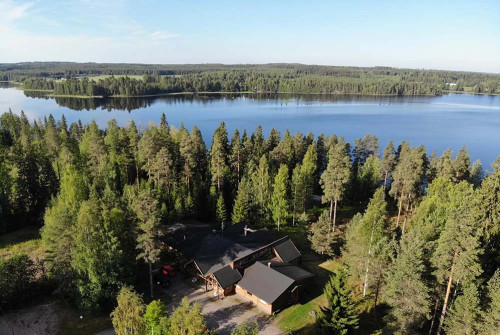
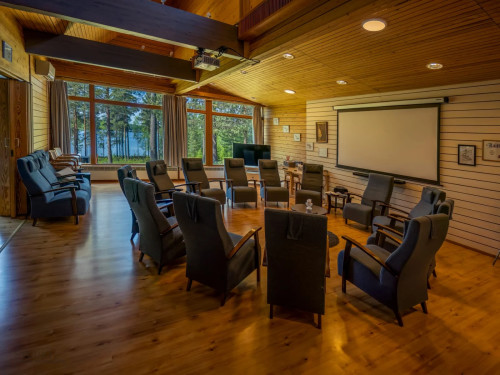
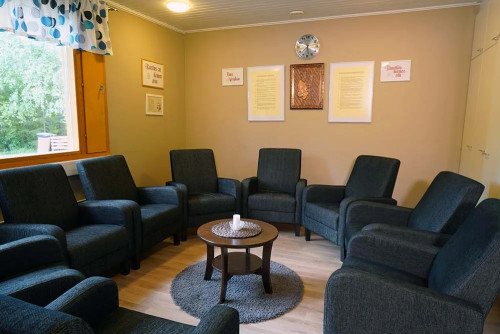



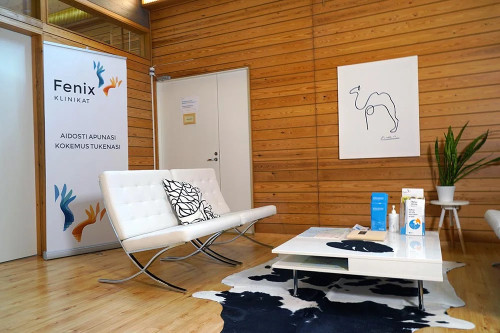
Kantamo - Fenix
Treatment Focus
This center treats primary substance use disorders and co-occurring mental health conditions. Your treatment plan addresses each condition at once with personalized, compassionate care for comprehensive healing.
Primary Level of Care
Offering intensive care with 24/7 monitoring, residential treatment is typically 30 days and can cover multiple levels of care. Length can range from 14 to 90 days typically.
This provider hasn't verified their profile's information. Are you the owner of this center? Claim your listing to better manage your presence on Recovery.com.
Treatment Focus
This center treats primary substance use disorders and co-occurring mental health conditions. Your treatment plan addresses each condition at once with personalized, compassionate care for comprehensive healing.
Primary Level of Care
Offering intensive care with 24/7 monitoring, residential treatment is typically 30 days and can cover multiple levels of care. Length can range from 14 to 90 days typically.
Provider's Policy
Financing available. Clients may be eligible for Kela sickness/rehabilitation allowance.
Kantamo - Fenix
Kantamo - Fenix
About Kantamo - Fenix
Located by a quiet lake in Ähtäri, Finland, this center offers a Minnesota Model treatment for people with substance use disorder (SUD), including alcohol and other substances, supporting clients and their families through a 28-35 day stay, followed by 11 months of outpatient aftercare. Treatment starts quickly and welcomes clients even if they’re not yet motivated to quit.
Understand Addiction and Regain Control
The program uses a proven, drug-free approach based on understanding addiction as an illness. Therapy includes group sessions, storytelling, and peer support from staff with lived experience. Clients gain insight into the impact of addiction and build a desire to live sober. Family weekends and follow-up care reinforce healing and support long-term recovery.
Find Comfort in Thoughtful, Private Spaces
Clients stay in cozy rooms and enjoy shared lounges, relaxation areas, and traditional Finnish saunas. The peaceful countryside location helps ease stress and support reflection. Meals, privacy, and comfort are part of daily life. Travel to the center is arranged by phone, and new clients can often begin treatment the same day.

Center Overview
Treatment Focus
This center treats primary substance use disorders and co-occurring mental health conditions. Your treatment plan addresses each condition at once with personalized, compassionate care for comprehensive healing.

Insurance Accepted
Pricing and Program Length
Estimated Center Costs
The cost listed here (€6,900 / Full Program), is an estimate of program cost. Center price can vary based on program and length of stay. Contact the center for more information. Recovery.com strives for price transparency so you can make an informed decision.
Meet your care team
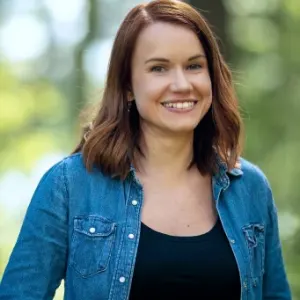
Petra Mäkiranta
Social Welfare Officer, Supervisor-in-Charge
Bachelor of Arts in Social Work
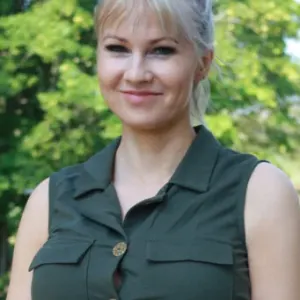
Aino Stark
Lead Nurse
Bachelor of Science in Nursing, Bachelor of Science in Cognitive Brief Therapy Studies
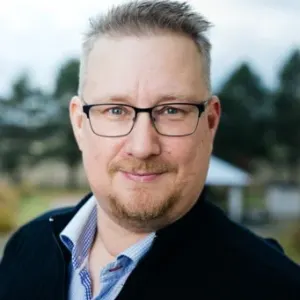
Mika Muukkonen
Lead Substance Use Therapist
BA in Nursing
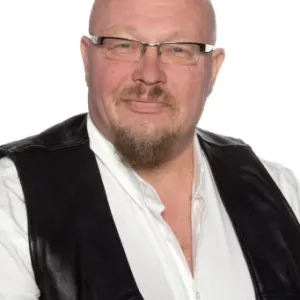
Jouko Pesämaa
Substance Use Therapist, Community Nurse

Erkki Arola
Substance Use Therapist, Community Nurse

Tomi Jaakkola
Substance Use Therapist, Community Nurse
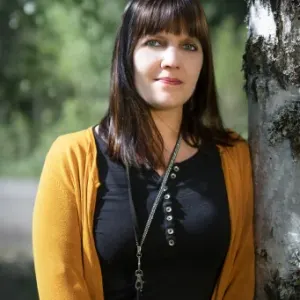
Heidi Kangasharju
Substance Use Therapist, Community Nurse
Levels of Care






Treatment
Specializations
Alcohol
Using alcohol as a coping mechanism, or drinking excessively throughout the week, signals an alcohol use disorder.
Chronic Relapse
Consistent relapse occurs repeatedly, after partial recovery from addiction. This condition requires long-term treatment.
Drug Addiction
Drug addiction is the excessive and repetitive use of substances, despite harmful consequences to a person's life, health, and relationships.
Minnesota Model
The Minnesota Model encourages abstinence and family-wide healing through the 12-Steps, group therapy, and individualized, psychological treatment.
Who We Treat
Men and Women
Men and women attend treatment for addiction in a co-ed setting, going to therapy groups together to share experiences, struggles, and successes.
Approaches
Evidence-Based
A combination of scientifically rooted therapies and treatments make up evidence-based care, defined by their measured and proven results.
Holistic
A non-medicinal, wellness-focused approach that aims to align the mind, body, and spirit for deep and lasting healing.
Minnesota Model
The Minnesota Model encourages abstinence and family-wide healing through the 12-Steps, group therapy, and individualized, psychological treatment.
Twelve Step
Incorporating spirituality, community, and responsibility, 12-Step philosophies prioritize the guidance of a Higher Power and a continuation of 12-Step practices.
Therapies
Family Therapy
Family therapy addresses group dynamics within a family system, with a focus on improving communication and interrupting unhealthy relationship patterns.
Life Skills
Teaching life skills like cooking, cleaning, clear communication, and even basic math provides a strong foundation for continued recovery.
Psychoeducation
This method combines treatment with education, teaching patients about different paths toward recovery. This empowers them to make more effective decisions.
Relapse Prevention Counseling
Relapse prevention counselors teach patients to recognize the signs of relapse and reduce their risk.
Twelve Step Facilitation
12-Step groups offer a framework for addiction recovery. Members commit to a higher power, recognize their issues, and support each other in the healing process.
Substances We Treat
Alcohol
Using alcohol as a coping mechanism, or drinking excessively throughout the week, signals an alcohol use disorder.
Chronic Relapse
Consistent relapse occurs repeatedly, after partial recovery from addiction. This condition requires long-term treatment.
Co-Occurring Disorders
A person with multiple mental health diagnoses, such as addiction and depression, has co-occurring disorders also called dual diagnosis.
Drug Addiction
Drug addiction is the excessive and repetitive use of substances, despite harmful consequences to a person's life, health, and relationships.
Languages
Aftercare
Experience
Personal Amenities
Amenities
Special Considerations

We love hearing about your treatment experience
Help individuals and families seeking treatment by sharing your first-hand experience with this treatment provider. Review Guidelines.





